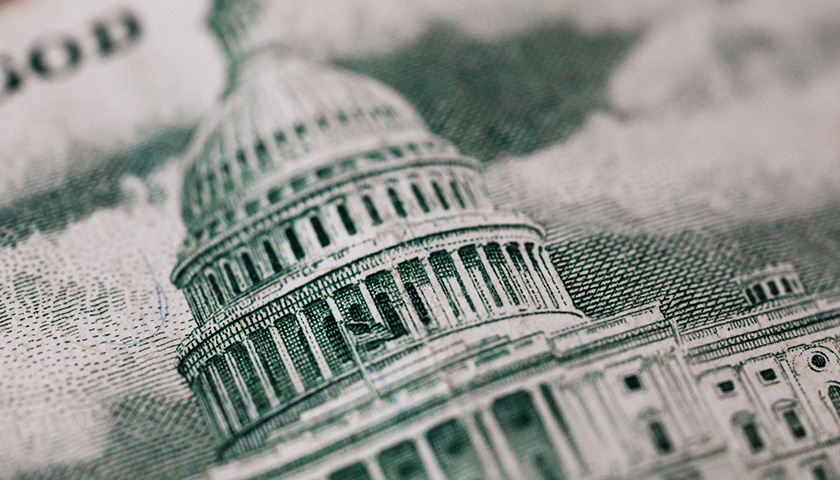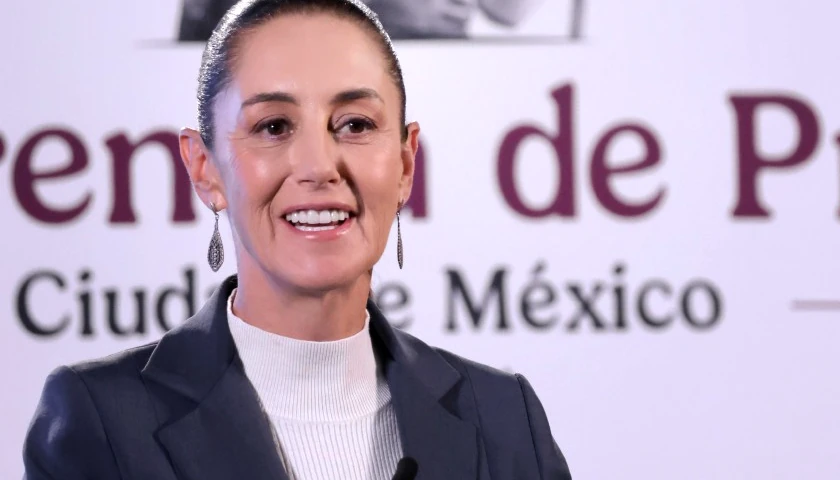by Thérèse Boudreaux
As 2025 approaches, America’s fiscal health is in serious trouble with a ballooning federal debt exceeding 100% of the GDP.
It’s projected to get even worse.
A year ago, the U.S. national debt amounted to more than $33.8 trillion, according to Senate Republican Joint Economic Committee data. As of Dec. 24, 2024, the debt has climbed to nearly $36.3 trillion, a $2.5 trillion increase within the past 12 months.
If the average daily rate of debt growth over the past three years continues, the gross national debt will reach $37 trillion within 5 months, $39.2 trillion in 2026, and $40.95 trillion in 2027, according to the most recent Congressional Budget Office 10-year forecast.
Economist Romina Boccia, director of Budget and Entitlement Policy at the Cato Institute, told The Center Square that the “excessively high, and growing unsustainably fast” national debt has “real implications” for the future of the country.
Boccia referenced how the high levels of debt caused by federal spending have depressed economic growth, particularly over the past four years, leading to decreases in take-home pay, job opportunities and entrepreneurship.
As the debt grows, so does the average interest rate the government is paying. That rate jumped from 2.378% five years ago to 3.155% now. Since one of the key drivers of U.S. debt growth is interest on the debt, a vicious spending cycle has been created, one that lawmakers in the U.S. House Committee on the Budget recently called “completely unsustainable.”
The increased rates on the federal debt are also pushing up interest rates economy-wide, affecting home mortgages, car loans and business loans, Boccia said.
Unless Congress tackles the other key driver of debt growth – federal spending on entitlement programs like Medicare, Medicaid, and Social Security – the debt will continue to grow, Boccia said. She supports reforming entitlement programs as the most realistic path toward stability, despite the political unpopularity of the idea.
“If entitlement reform continues to be too politically challenging, Congress should establish a fiscal commission to help it get the job done,” Boccia advised. “[D]elegating the policy details to an independent commission … [will] provide legislators with sufficient political cover to allow economically necessary, but politically difficult policy changes to go into effect.”
– – –
Thérèse Boudreaux is a contributor at The Center Square.
Photo “The U.S. Capitol on American Currency” by Karolina Grabowska.








